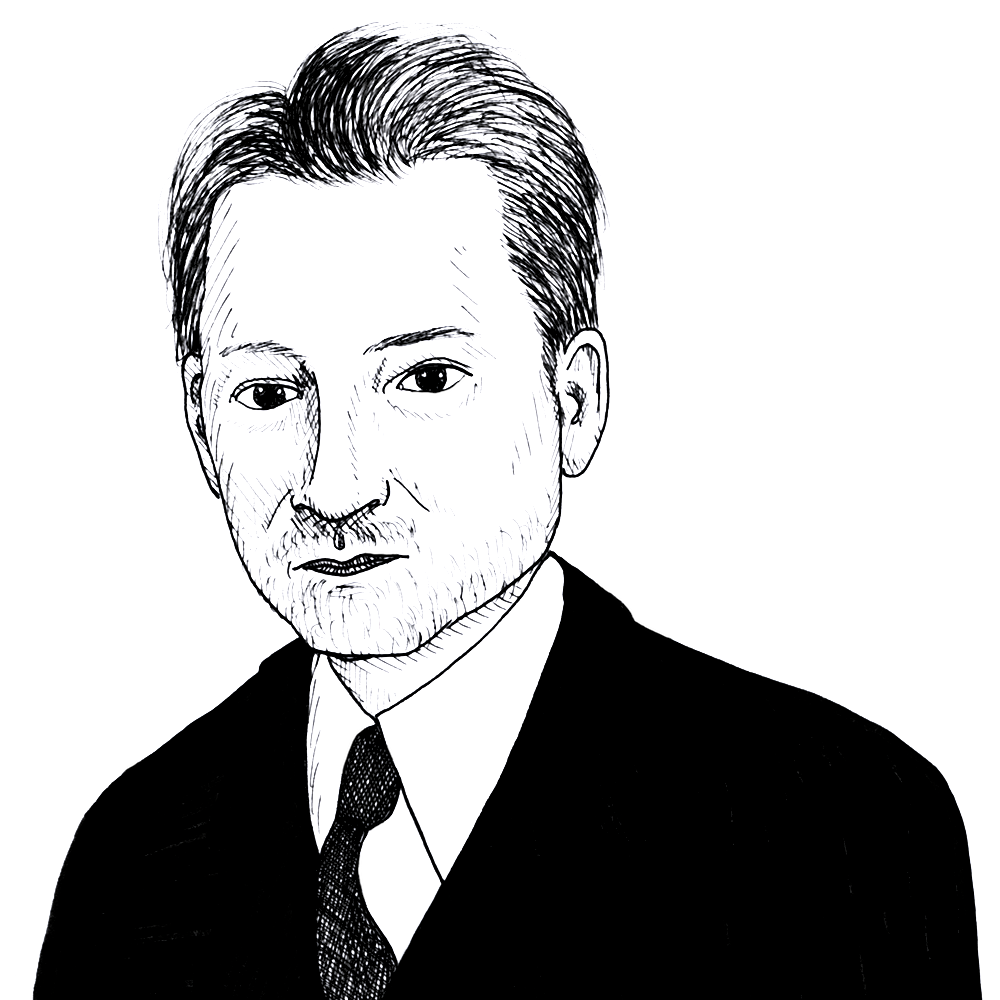
Jacques Maritain on the dynamism of freedom (1938)
Found in: Scholasticism and Politics (1940, 2011)
The French Thomistic philosopher Jacques Maritain (1882–1973) believes that the “dynamism of freedom” consists of using one’s “freedom of choice” in order to gain another kind of freedom, the “freedom of spontaneity or of independence”:
Liberty
These things being understood, one immediately perceives the consequence they entail from the point of view of what one can call the dynamism of freedom. The first freedom (freedom of choice) exists for the sake of the second freedom (freedom of spontaneity or of independence) toward which the aspirations of personality themselves tend. I have called this second freedom, freedom of spontaneity or of independence. … The freedom of choice, the free will, is not its own end. It is ordained to the conquest of freedom in the sense of freedom of exultation or autonomy. And it is in this conquest, demanded by the essential postulates of human personality, that the dynamism of freedom consists.